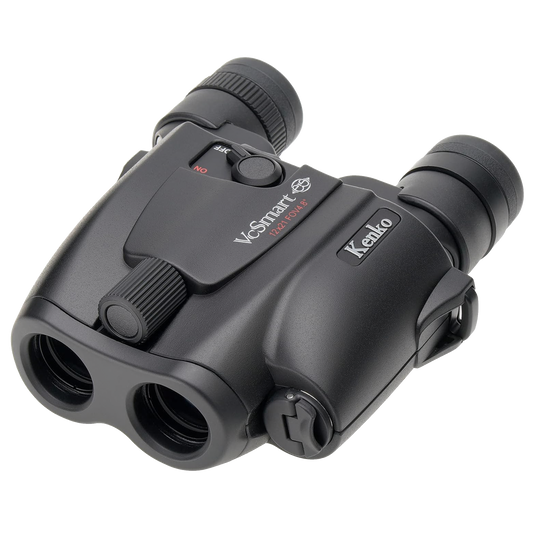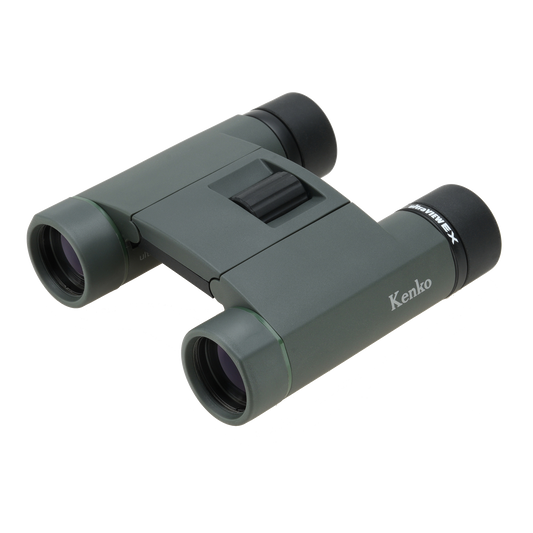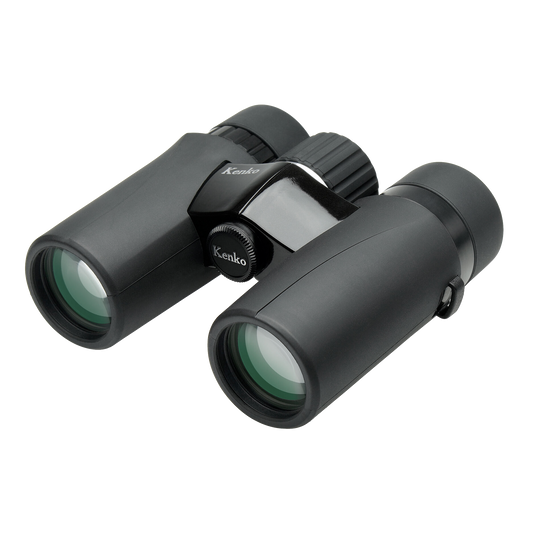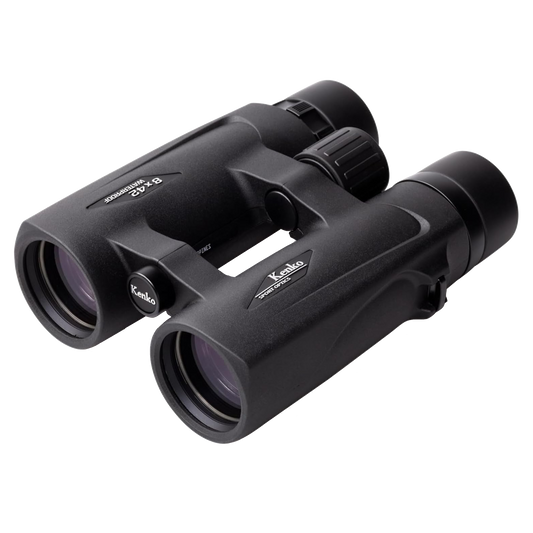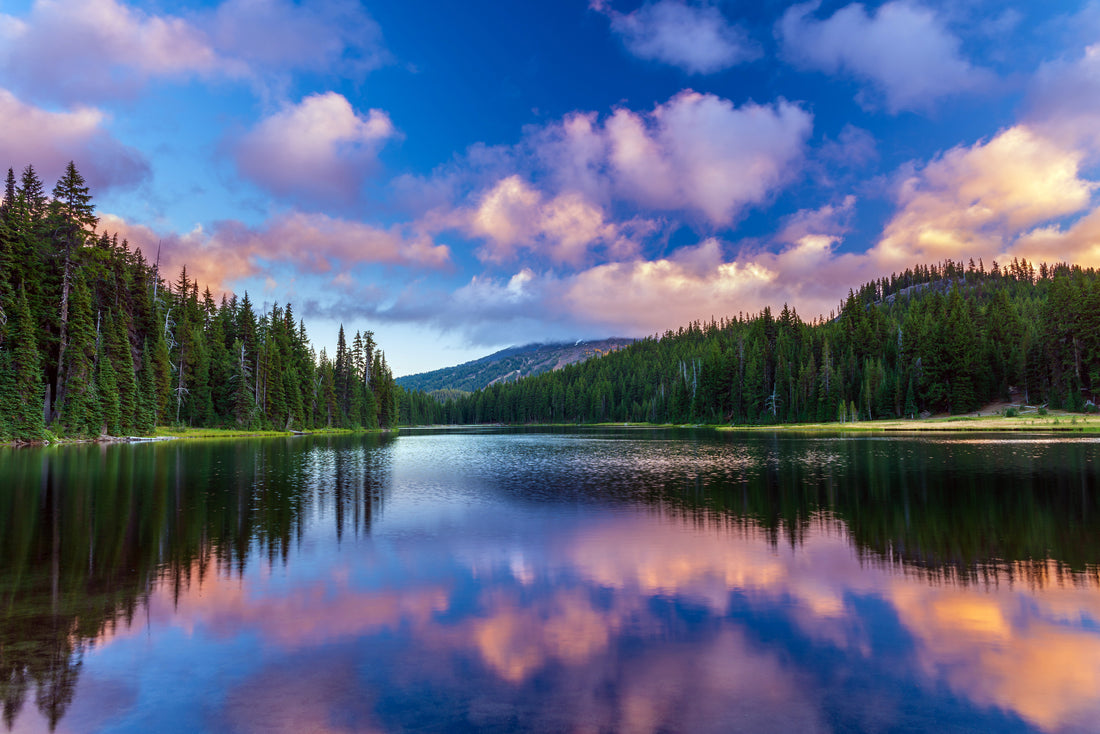
Why Lens Filters are Better Than Photoshop

photo byMorgan Somers via iStock
It seems to me there’s a perception that lens filters are old-school and they are no longer needed by the modern photographer.
I say that’s completely incorrect…
In fact, there are plenty of reasons why lens filters are better than Photoshop, Lightroom, and other post-processing programs.
Need a good, budget-friendly polarizing filter for your camera? Start shopping now.
Advantages of Lens Filters: They Save Time
photo by Koldunov via iStock
I know that when photographers that haven’t used filters look at filters, the first thing they think is that it takes too much time to attach them to the lens.
But if you think about it, the few seconds it takes to get your filters in place and ready to go is a much shorter period of time than it takes to fix the problems in Photoshop that the filter could have fixed in the field.
Besides, would you rather be out in the field amongst beautiful surroundings dialing in your filters or sitting in your basement in front of your computer using Photoshop to try to achieve the same effect? I pick being out in the field.
Learn More:
Lens Filter Benefits: They Produce a Better Effect

photo by stock_colors via iStock
Yes, there are some Photoshopper extraordinaires out there that are able to create fantastic results with their images.
But for most of us, post-processing is not an area of expertise and we get along just fine with basic skills.
In other words, the results most of us get by using filter effects in Photoshop simply cannot stand toe-to-toe with the results we get by using actual filters in-camera.

photo by dusanpetkovic via iStock
Additionally, when you use lens filters, you can see how they affect your image right then and there. There’s no waiting to get home to see if Photoshop can work some magic.
Instead, you leave the shoot location with the photo you want already on your camera. Then it’s a simple matter of enhancing the shot to create maximum appeal, rather than having to do a bunch of editing to fix the problems a filter would have fixed.
Are you ready to create beautiful landscape photos with blurry motion in water and clouds? Find a variable ND filter for your camera and start creating today.
Why Lens Filters are Better Than Photoshop: They’re Easier to Use
 photo by Sjo via iStock
photo by Sjo via iStock
There are certain situations in which using a lens filter is just plain easier than using Photoshop to achieve the same effect.
For example, if you’re photographing a landscape and want to even out the exposure between a bright sky and a dark foreground, you’d use a graduated neutral density filter.
I’ll be the first to admit that it’s not as simple as slapping a filter in front of your lens and firing off some shots. There is some finesse to it in order to get the best results, as you can see in the video above by Joshua Cripps.
Nonetheless, I’d argue that despite there being numerous steps required to use a graduated neutral density filter in this situation, it’s still an easier, more straightforward process than trying to fix the exposure problems in post.
Let’s not forget that lens filters are less expensive in the long-run than programs like Photoshop. After all, my Kenko Circular Polarizing Filter (shown above) was about $36.00. My variable ND filter was about $240.00. Compare that to $120.00 per year for Photoshop.
Now, I’m not saying that Photoshop is evil or unnecessary. Quite the contrary.
Instead, I’m arguing that when it comes to managing exposure, eliminating glare, boosting contrast in the sky, and so forth, there really is no substitute for having high-quality graduated ND and polarizing filters in your camera bag.
Learn More:
- Beginner Photography Mistakes and Tricks for Avoiding Them
- 4 Ways You Can Improve Your Photos This Weekend
Originally posted on PhotographyTalk.com


